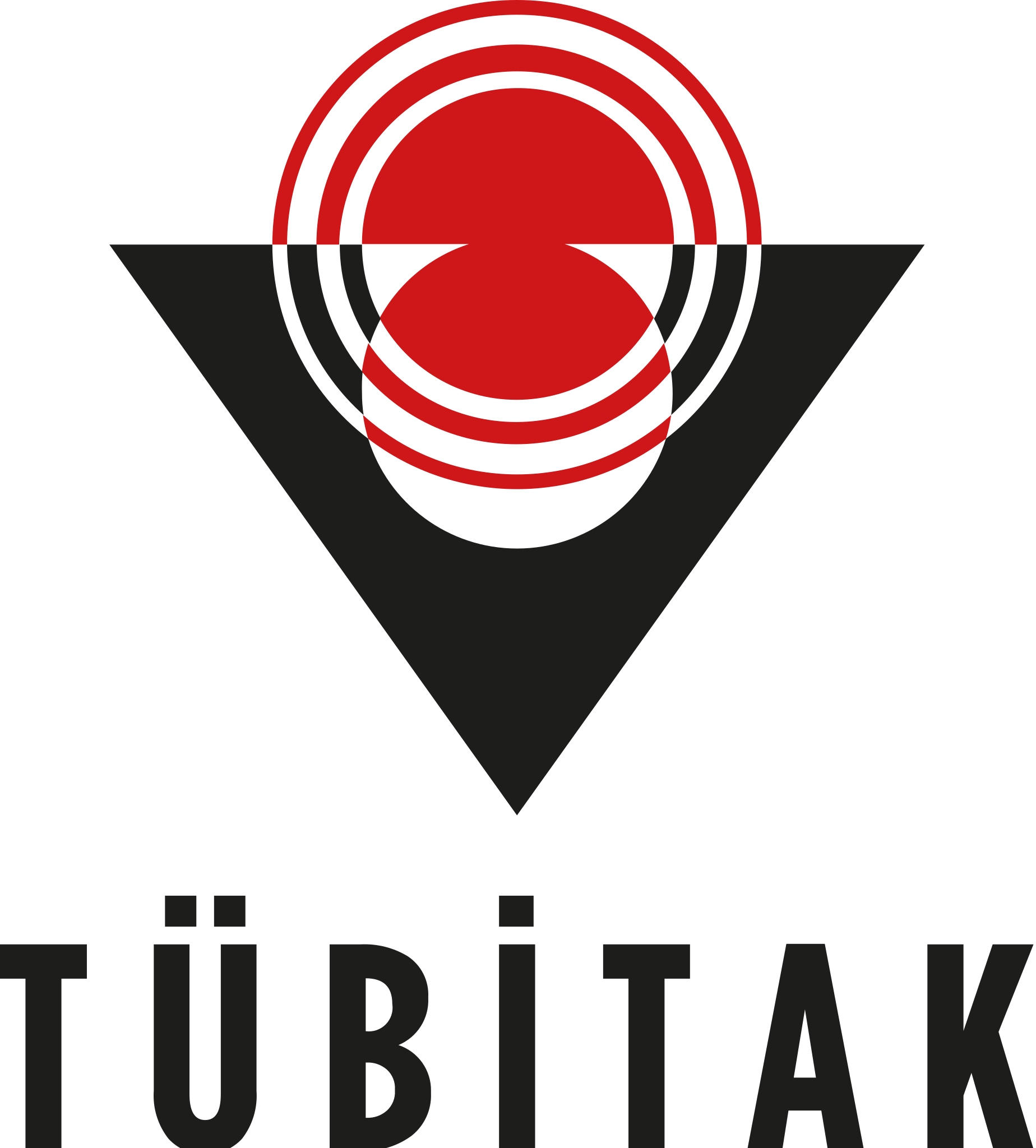Main Theme: “Sustainability and Research-Based Teacher Education”
The International 21st Century Educational Research Congress (INER 2025) aims to discuss current research and new approaches in educational sciences. While focusing on sustainable educational practices and research-oriented teacher training processes within its main theme, the congress is also open to original works from all areas of educational sciences.
You can present papers in the sub-themes listed below. However, all original and quality research in educational sciences will be evaluated within the scope of our congress. If you think your work is not among the congress themes, you can still submit any academic work that contributes to the field of educational sciences.
We appreciate your interest and contributions.
Global Issues in Education and Research
- Education, Research, and Globalization
- Organizational, Legal, and Financial Aspects
- Gender and Equality in Education
- Learning Barriers (Special needs, age, etc.)
- Digital Divide and Technological Exclusion
- Bullying Prevention and Awareness
- Impact of Crises on Education
- Ethical Issues in Education
- Cultural Diversity and Multicultural Participation
- Education for Sustainability
- Educational Trends and Experiences
- Improving Learning and Undergraduate Experience
- Student Support and Motivation
- Ensuring Student and Teacher Well-being
Educational Trends and Experiences
- Improving Learning and Undergraduate Experience
- Student Support and Motivation
- Ensuring Student and Teacher Well-being
- Early Childhood Education
- Primary and Secondary Education
- Formal, Informal, and Non-formal Learning
- Vocational Education
- Lifelong Learning
- Graduate Education
- Employability Issues and Trends
- Education for Individuals with Special Needs
- Inclusive Education and Lifelong Transition Support
- Inclusive Learning with Supportive Technologies in Education
New Challenges and International Cooperation in Education
- New Challenges in Education
- New Challenges in Higher Education
- Student and Faculty Exchange Programs
- Erasmus+ Program Experiences
- International Projects
- New Experiences for International Cooperation
- Joint Education and Research Programs
- University Networks
Teaching Methods and Innovations
- Pedagogical Innovations
- Assessment of Student Learning
- Guidance and Mentoring
- Active and Experiential Learning
- Game-Based Learning and Gamification
- Collaborative and Problem-Based Learning
- Flipped Learning
- Creativity and Design Thinking
- Critical Thinking and Problem Solving
- 21st Century Skills
- Innovations in Language Learning
- STEM Education Experiences
- Science Popularization and Public Events
- Learning Space Design
- Next Generation Classroom
Teacher Education and Educational Management
- Pre-service Teacher Experiences
- In-service Teacher Training
- Professional Development of Teachers
- Development of ICT Skills
- Leadership and Educational Management
Research: New Trends and Experiences
- Technology and Educational Research
- Links Between Education and Research
- Research Methods
- Research Centers and Programs
Open & Distance Learning and Technology
- Distance Learning in Times of Crisis
- Comparison of Face-to-Face and Distance Learning
- Hybrid and HyFlex Education
- Digital Technologies and Learning Resources
- E-content Development and Open Educational Resources
- Information Management
- Digital Libraries and Archives
- Massive Open Online Courses (MOOCs)
- User-Generated Content
- Copyright and Intellectual Property Rights
Technology in Education
- E-Learning Experiences
- Mobile Applications and Technologies (m-Learning)
- Blended Learning and Flipped Classroom
- Advanced Classroom Applications and Technologies
- Online Laboratories
- Learning Management Systems (LMS)
- Virtual Learning Environments (VLE)
- E-Guidance
- Online Assessment
- Technology-Enhanced Learning
Emerging Technologies and Education
- Generative AI and Its Implications for Education
- Artificial Intelligence, Chatbots, and Robots
- Web 3.0
- Social Media and Networks
- Gamification, Educational/Serious Games and Software
- Virtual and Augmented Reality
- Educational Simulations and Emotional Technologies
- Videos and Digital Storytelling in Education
- Programming and Robotics Education
- Learning Analytics and Personalized Instruction
Accreditation and Quality in Education
- Quality Processes in Education
- Evaluation and Assessment
- Student Selection Criteria
- Plagiarism and Detection Strategies
Curriculum and Workforce
- Curriculum Design and Experiences
- Labor Market Skills
- Multidisciplinary Studies
- University-Industry Collaboration
- Entrepreneurship Education


